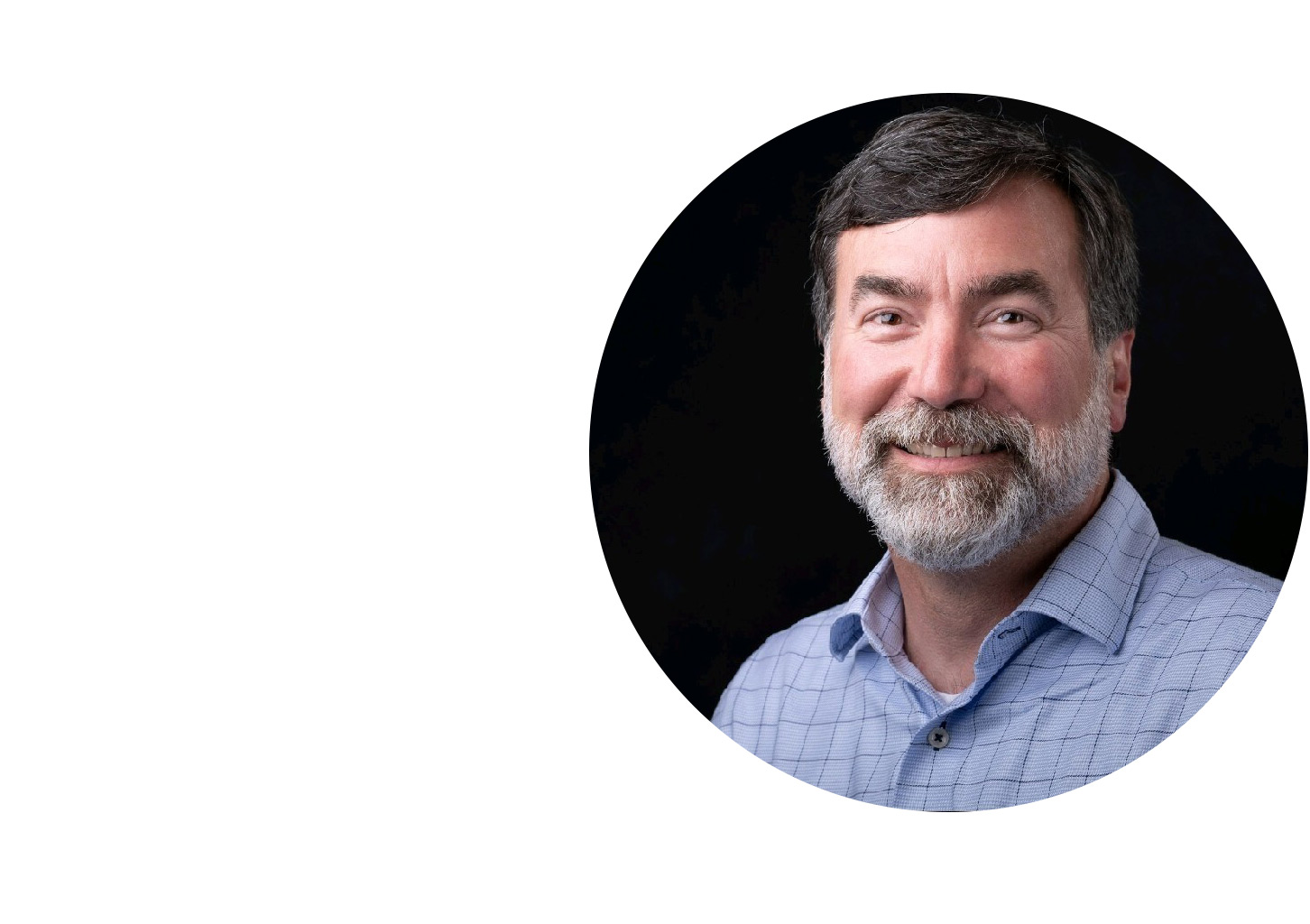
Planning for the future is a valuable activity, but living in the future isn’t living at all. Let’s talk about where we spend most of our time.
Our awareness of the future is inseparable from the search for meaning and purpose in our lives. Through our imagination, we create images that allow us to envision our possibilities in time yet to come. These images become a larger framework through which we identify ourselves, and our place in the world.
However, if we spend most of our time in the future, we fail to live because we are always preparing to live. Putting off to tomorrow leaves us with a bunch of “empty yesterdays,” because we are ignoring the business of living in today.
Many people know much more about making and saving money than about using and enjoying it. Many others are so busy planning for events in the future, which they hope will bring them happiness, that they miss a hundred chances every day to feel joy. In a way, it’s about where we focus our attention.
The same thing is true of living in the past. Human beings have a remarkable and unique ability to time travel in their thoughts. The key is to shift constructively between foresight, hindsight, and a full awareness of current reality. It’s a delicate balancing act, but we are fully able to handle it.
There is much to be learned from seeing the present in the context of the past, and from imagining the future as we want it to be. Neuroscientist Daniel Schacter of Harvard University argues that our memories are about the future, not the past; that human memory systems in the brain evolved not so we can reminisce about the past, but to use our experiences to boost our future performance.
As long as we remain flexible and not rigidly stuck in either the past, the present, or the future, we can grow enormously and live life fully while making the most of all three.
Featured posts
May 16, 2023
May 16, 2023
May 16, 2023





